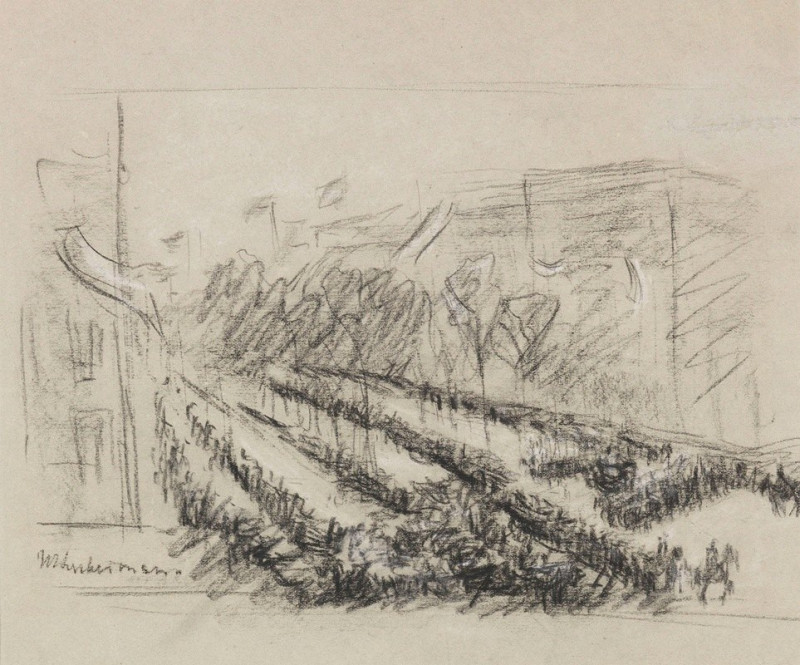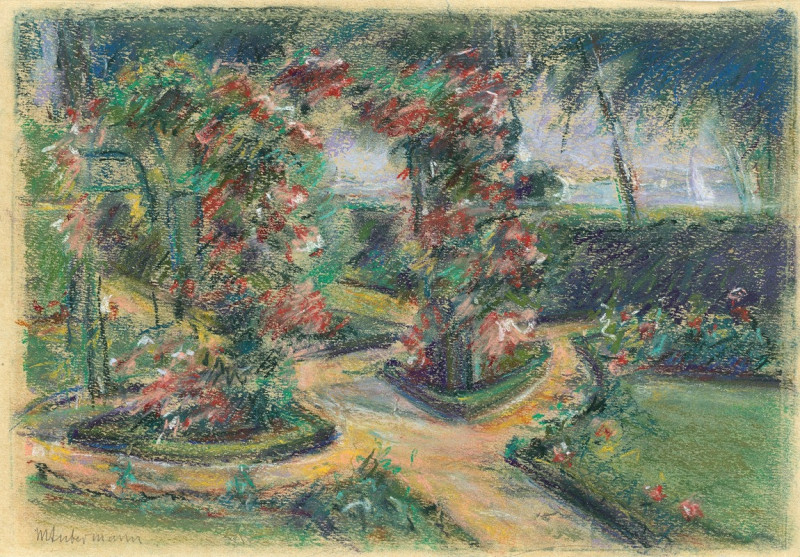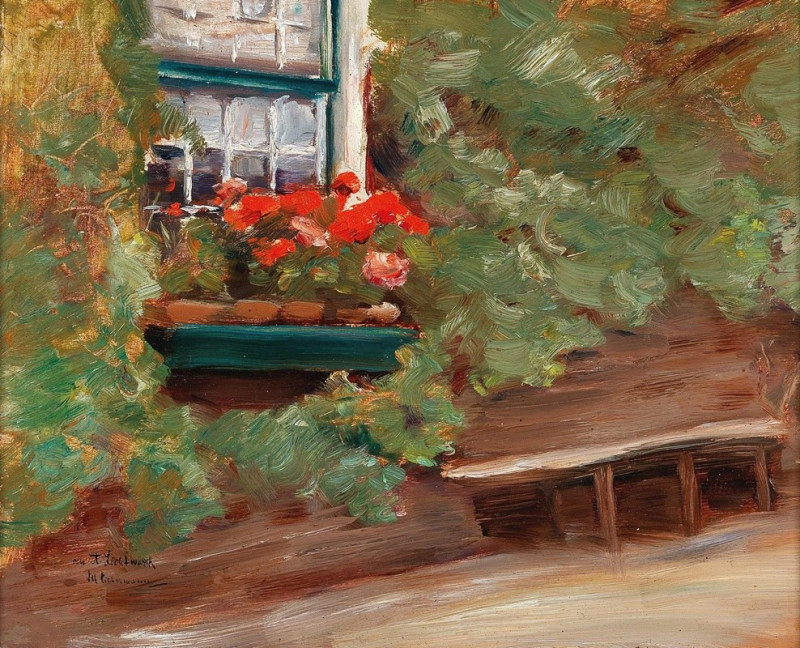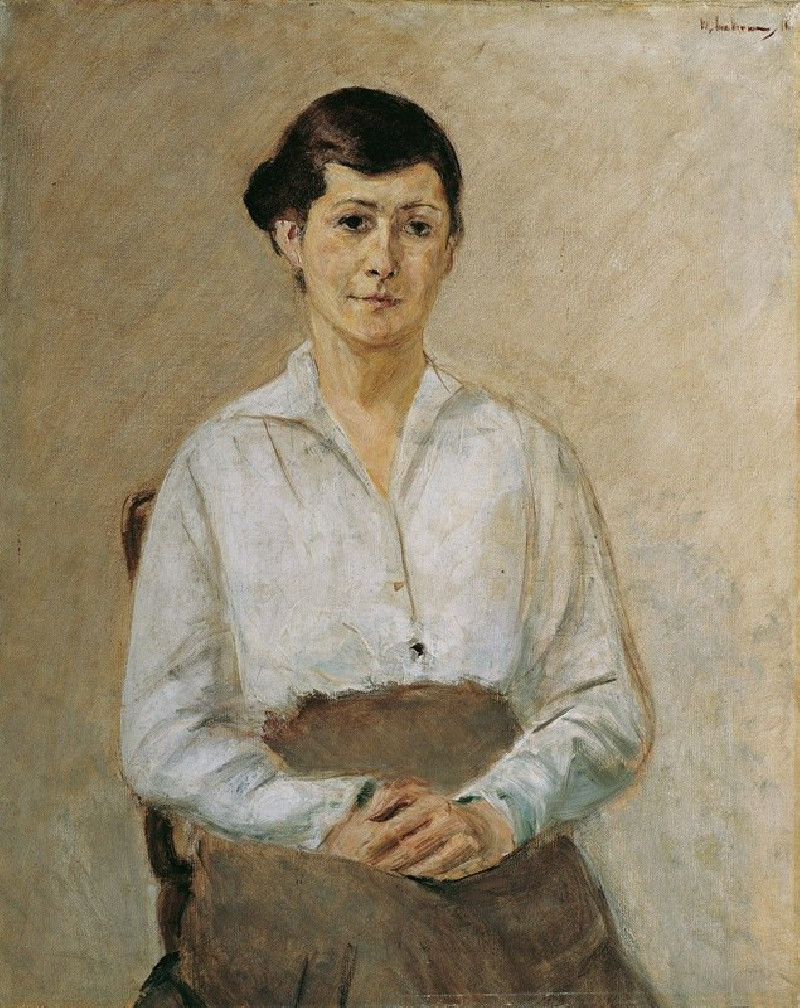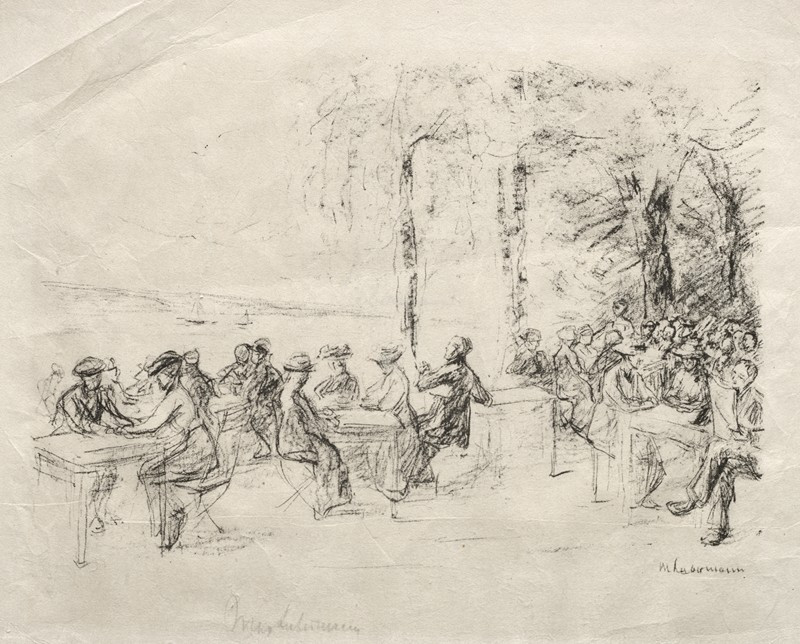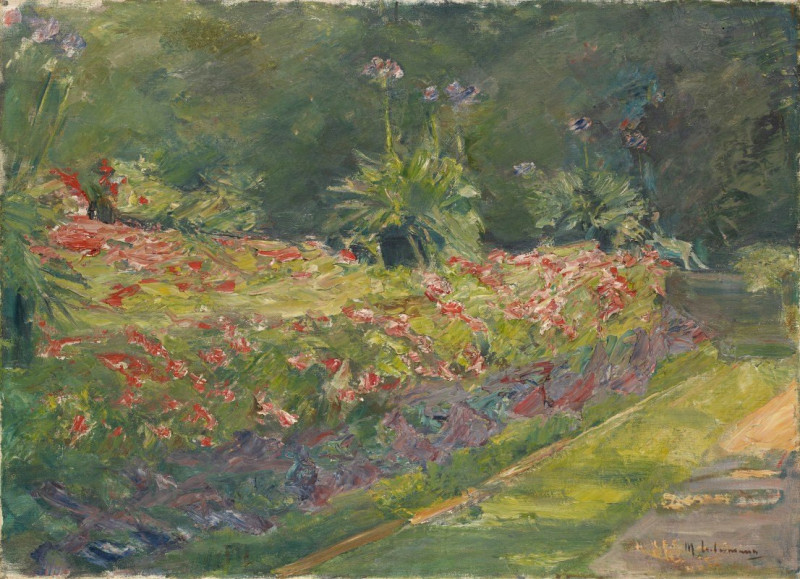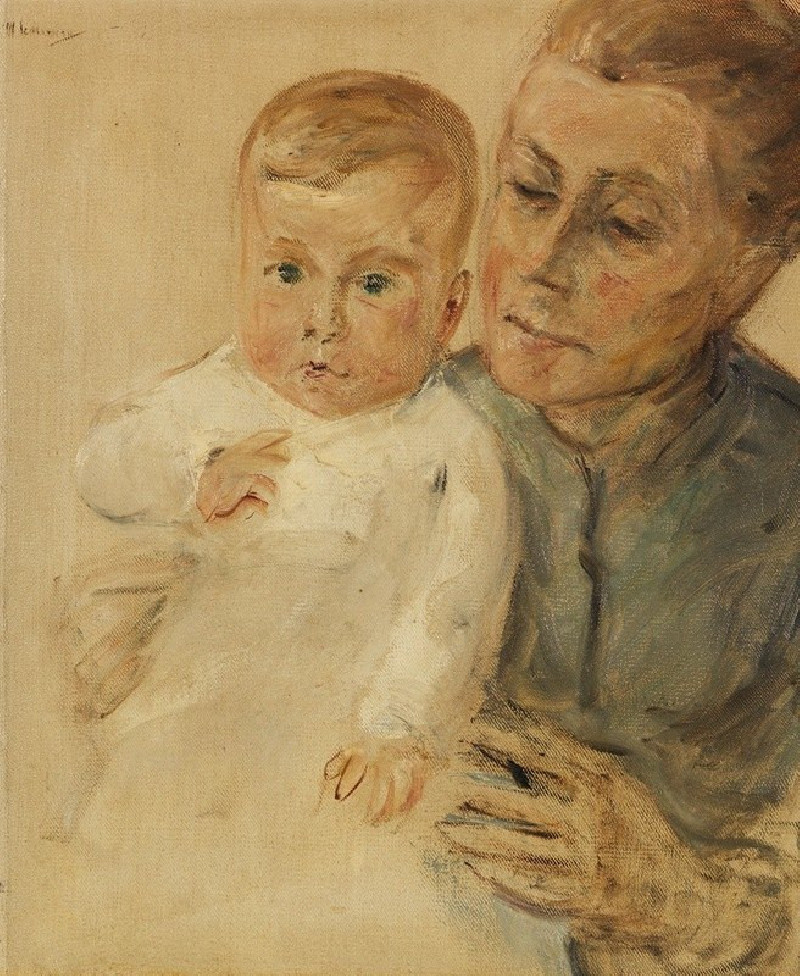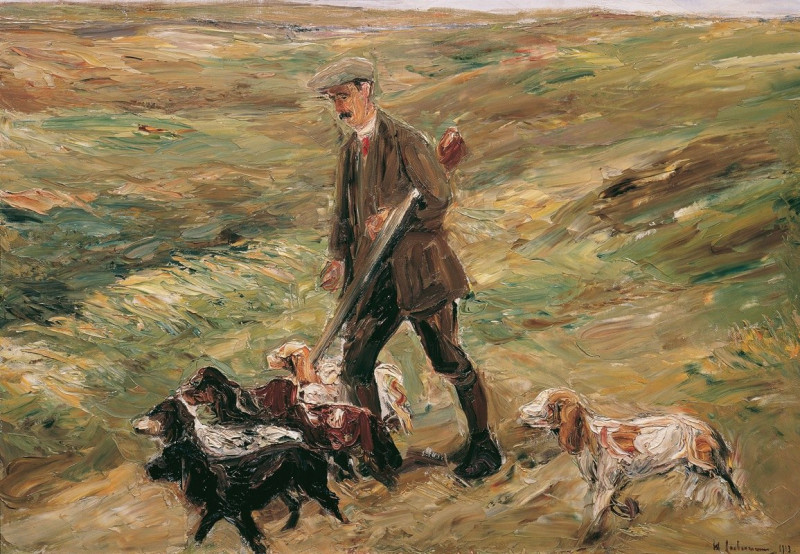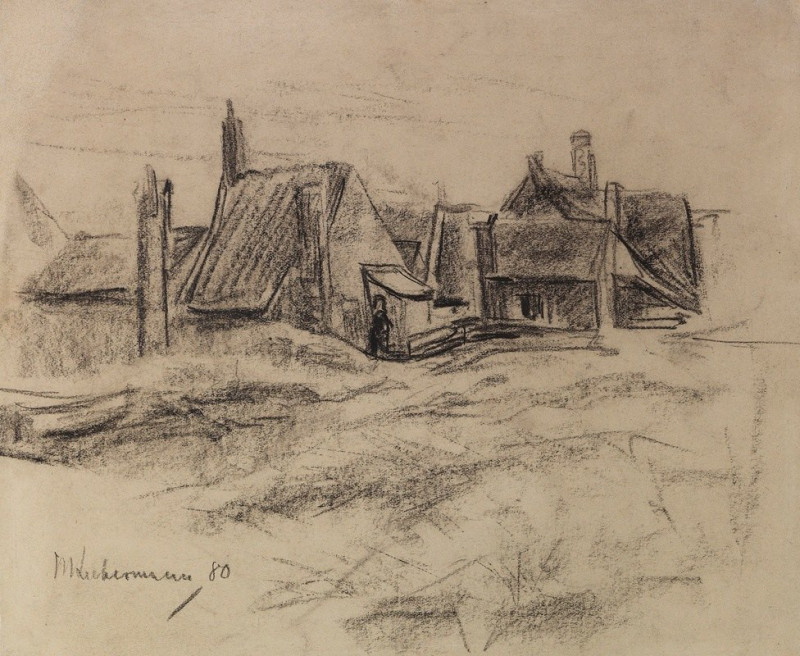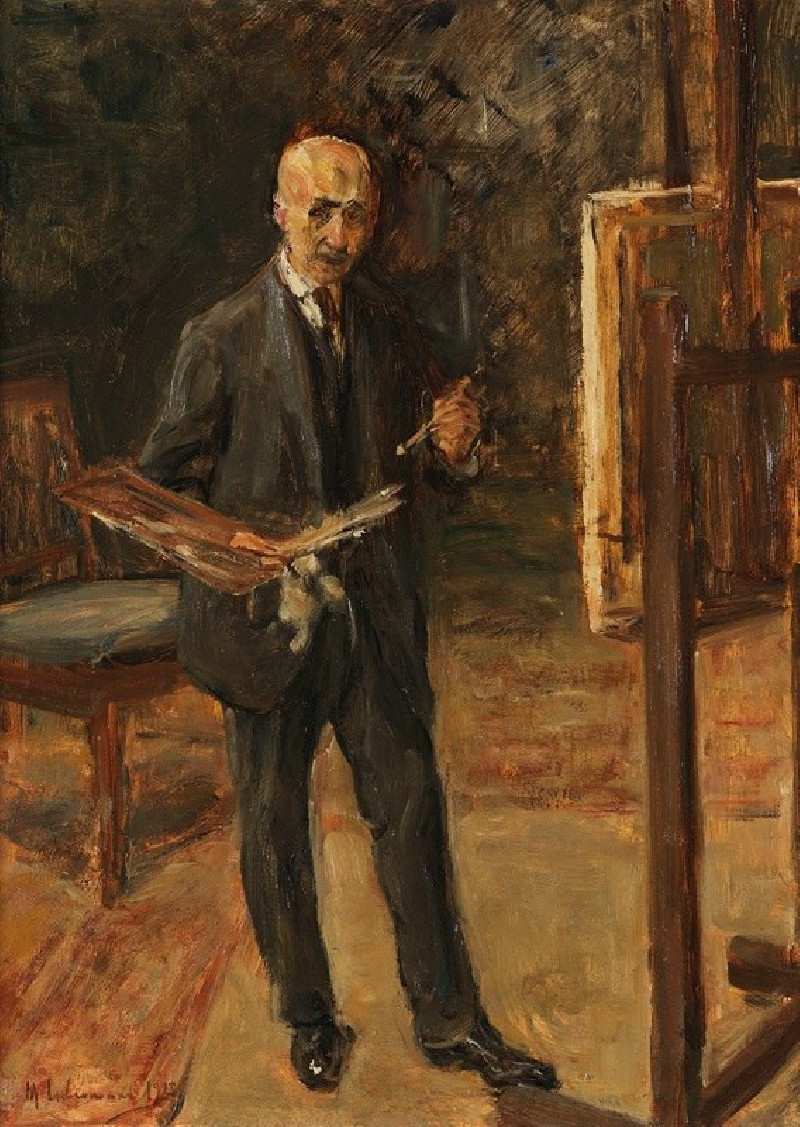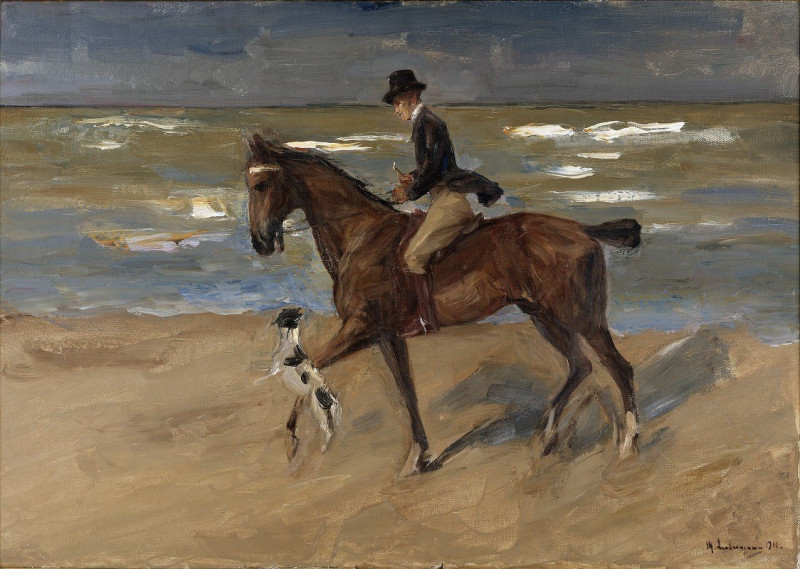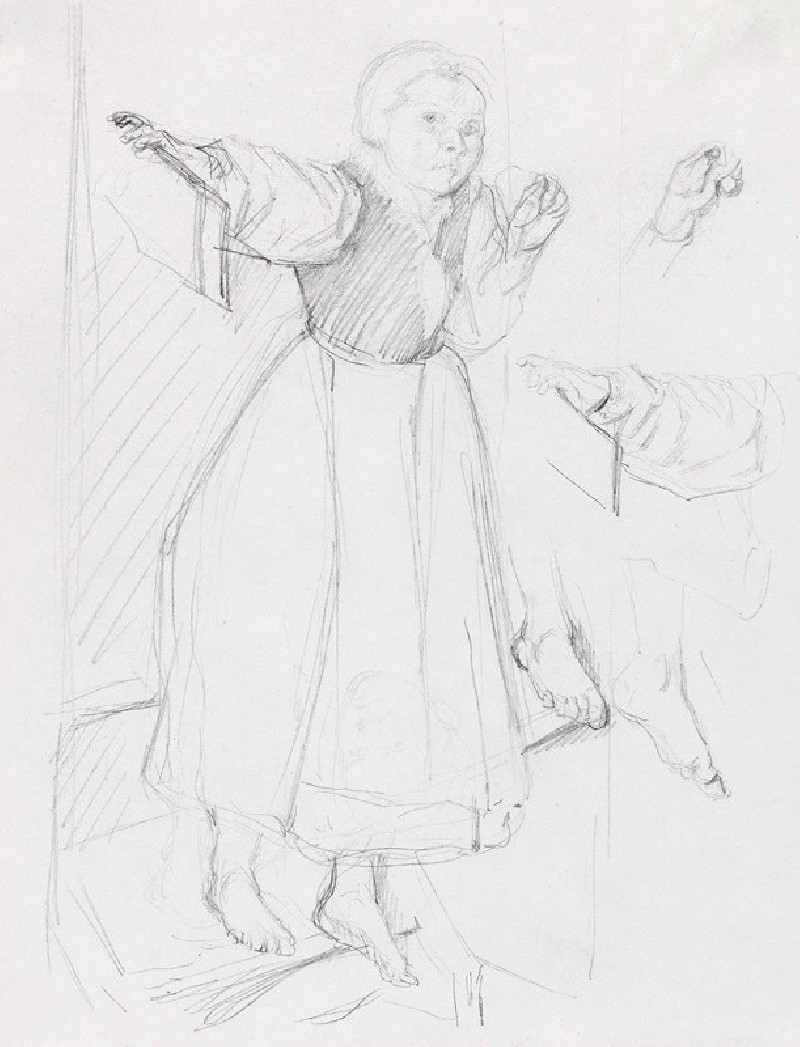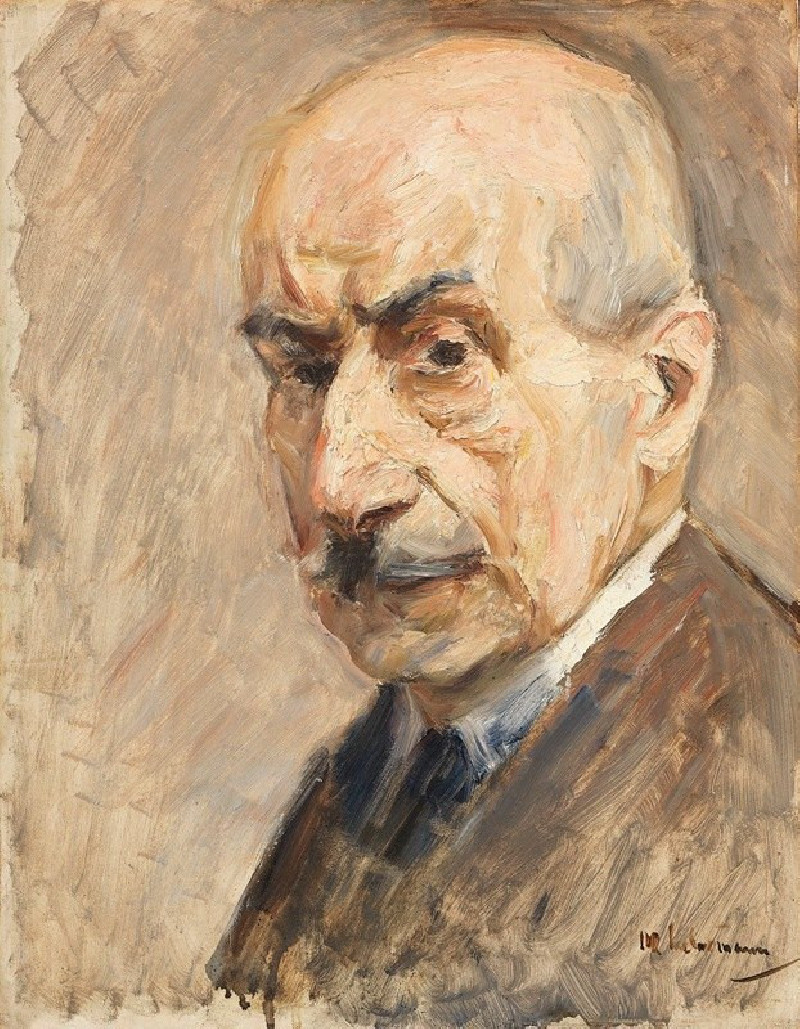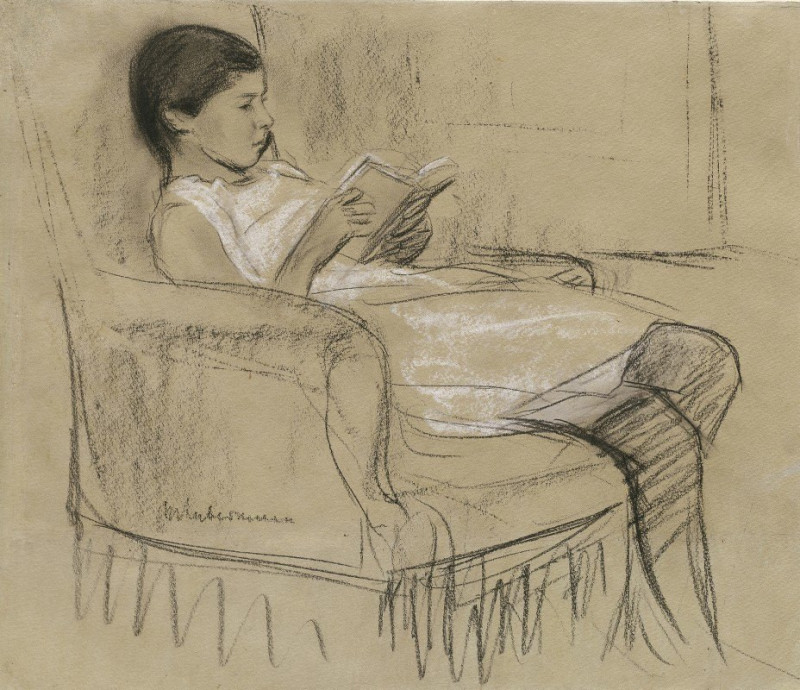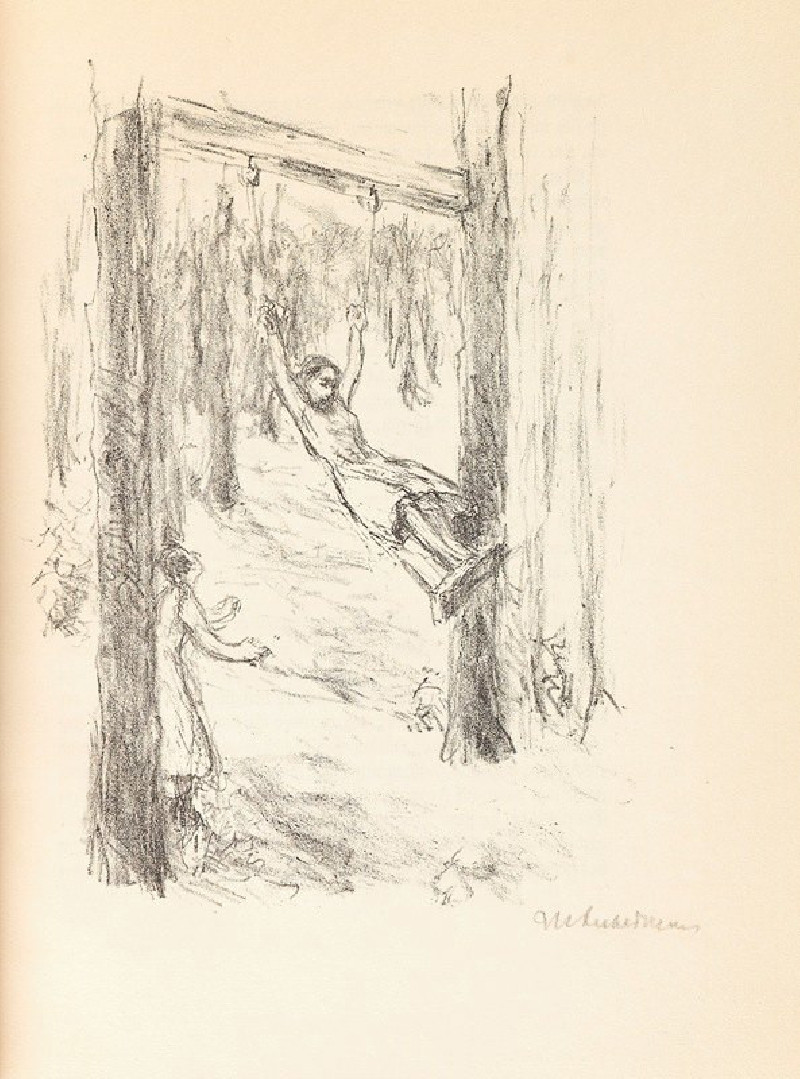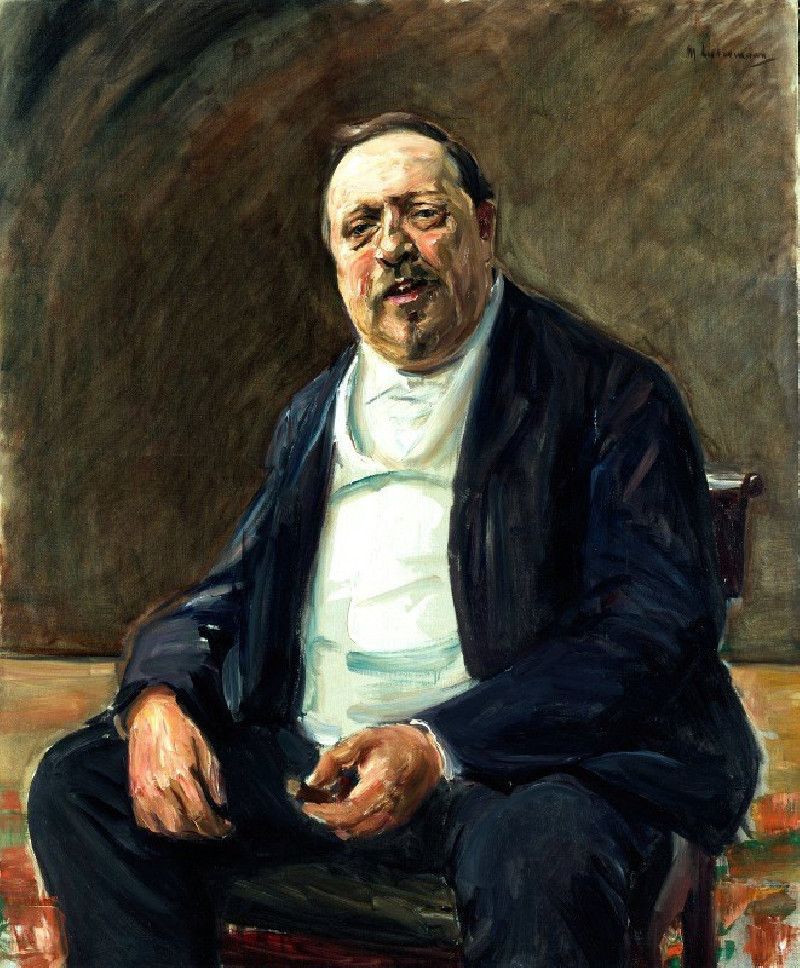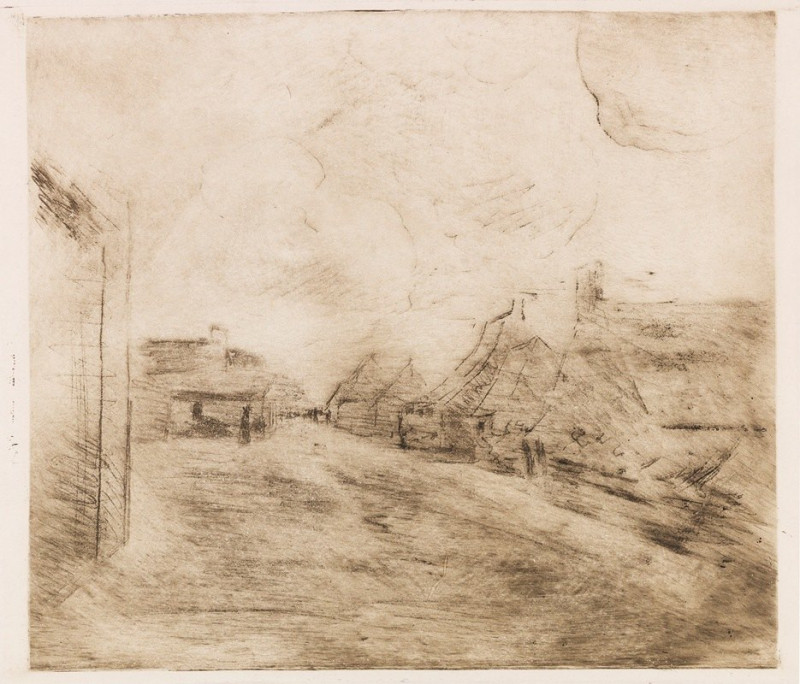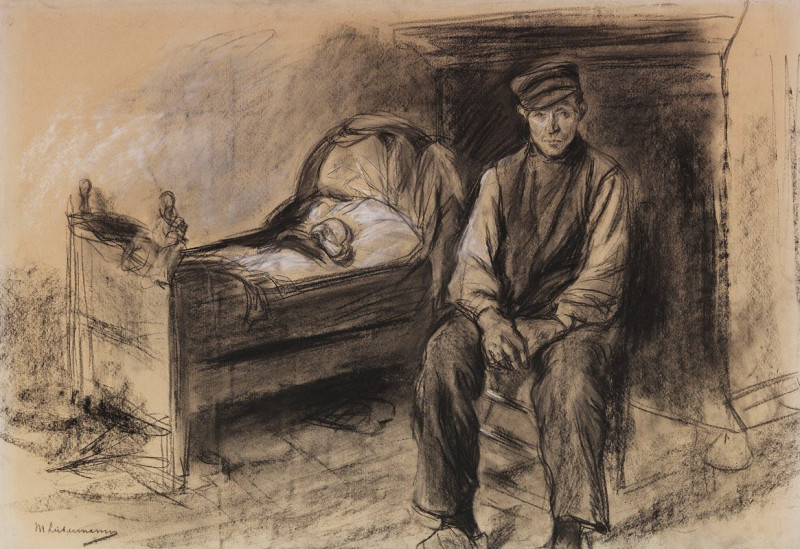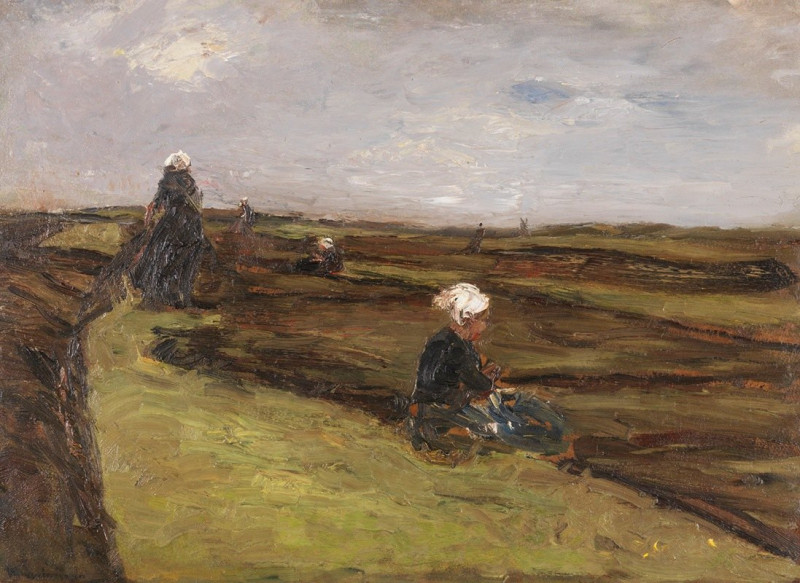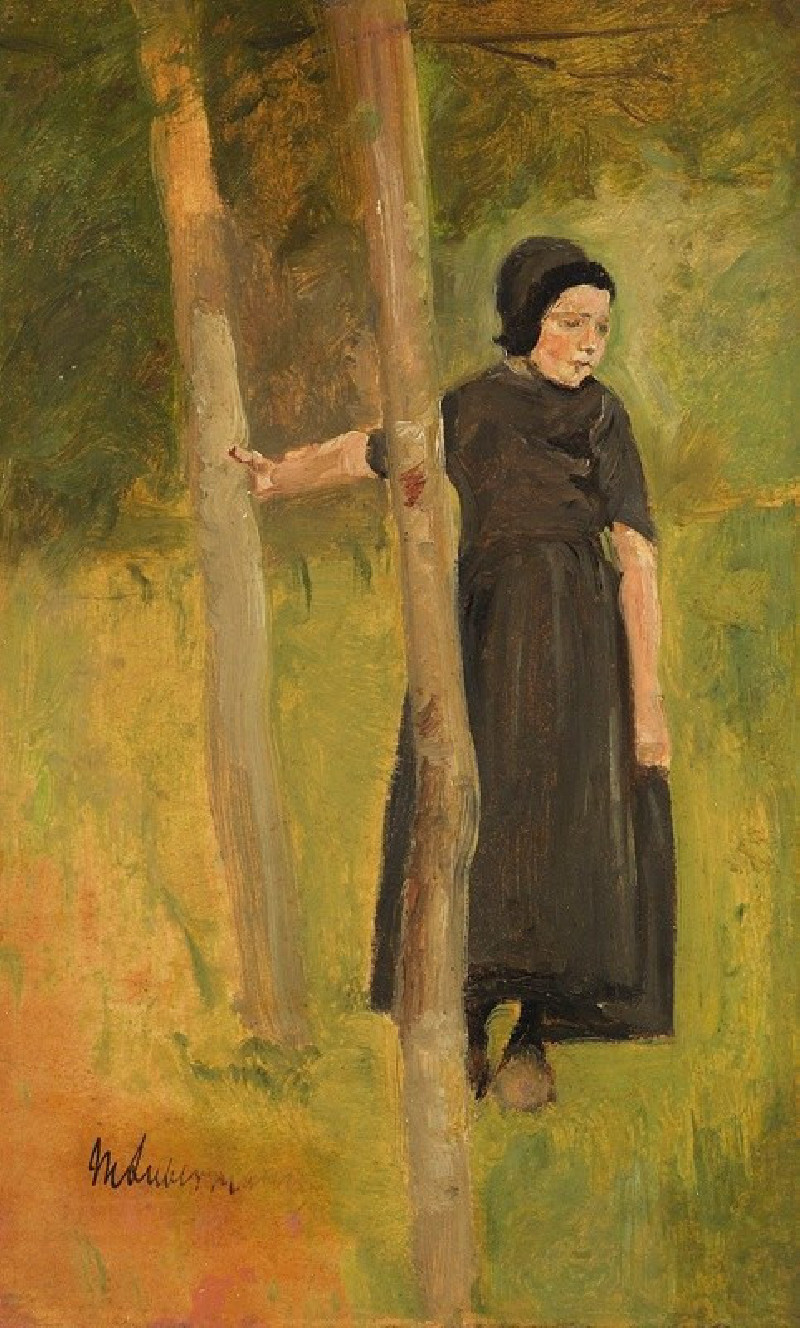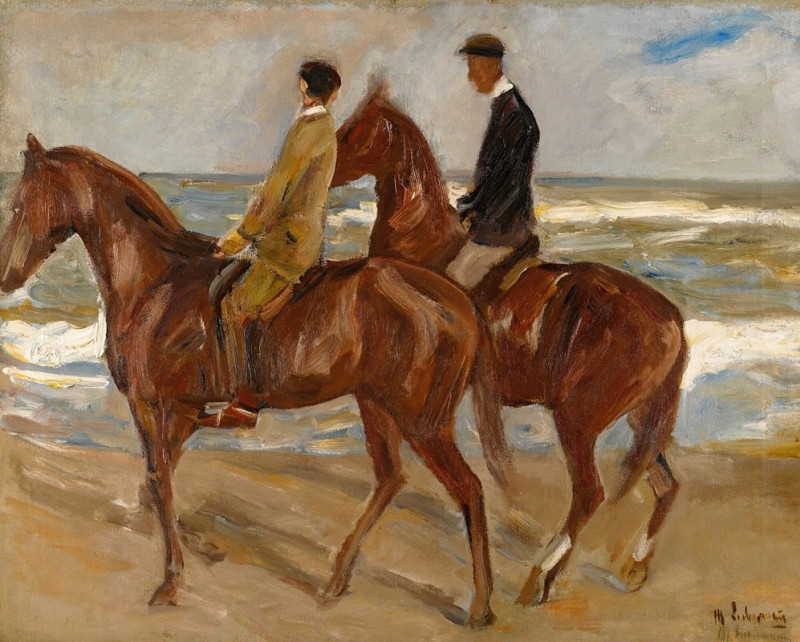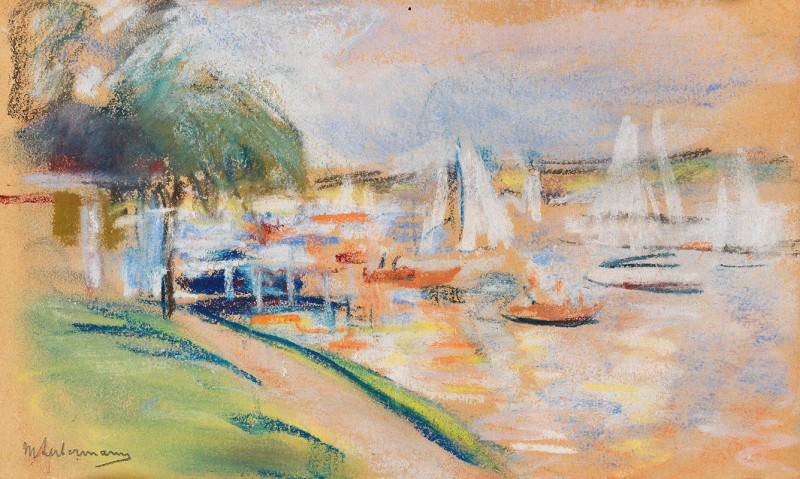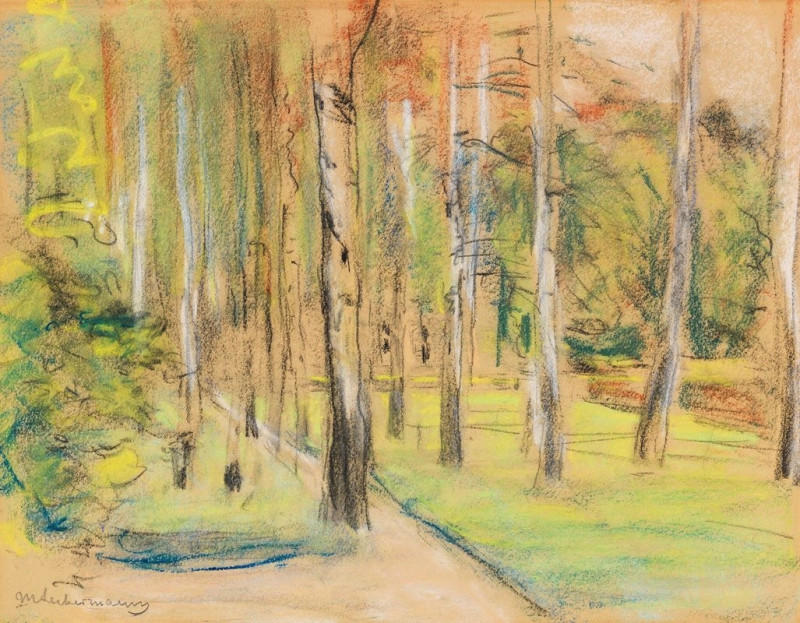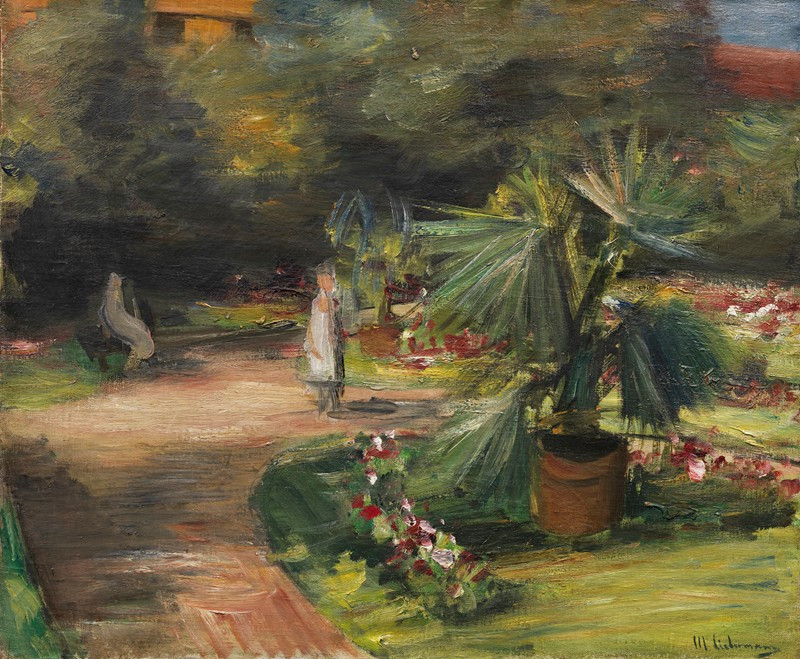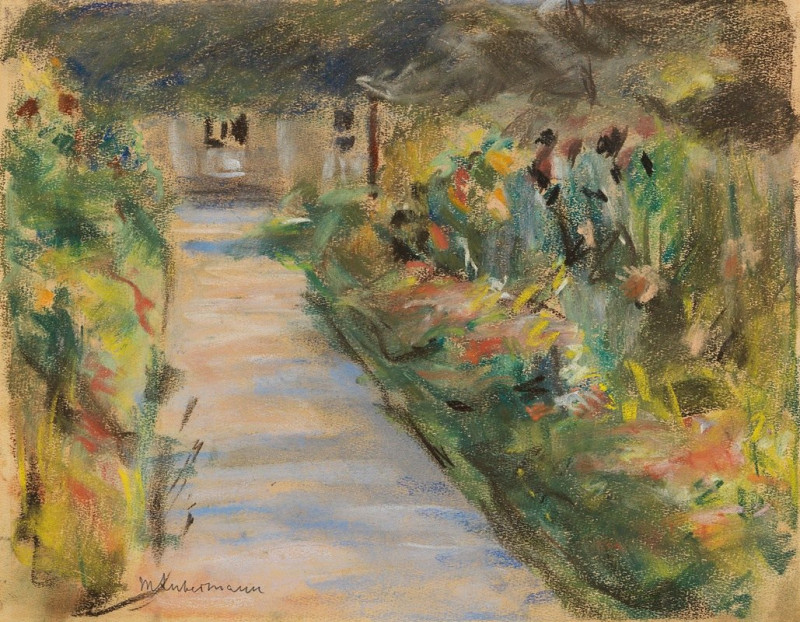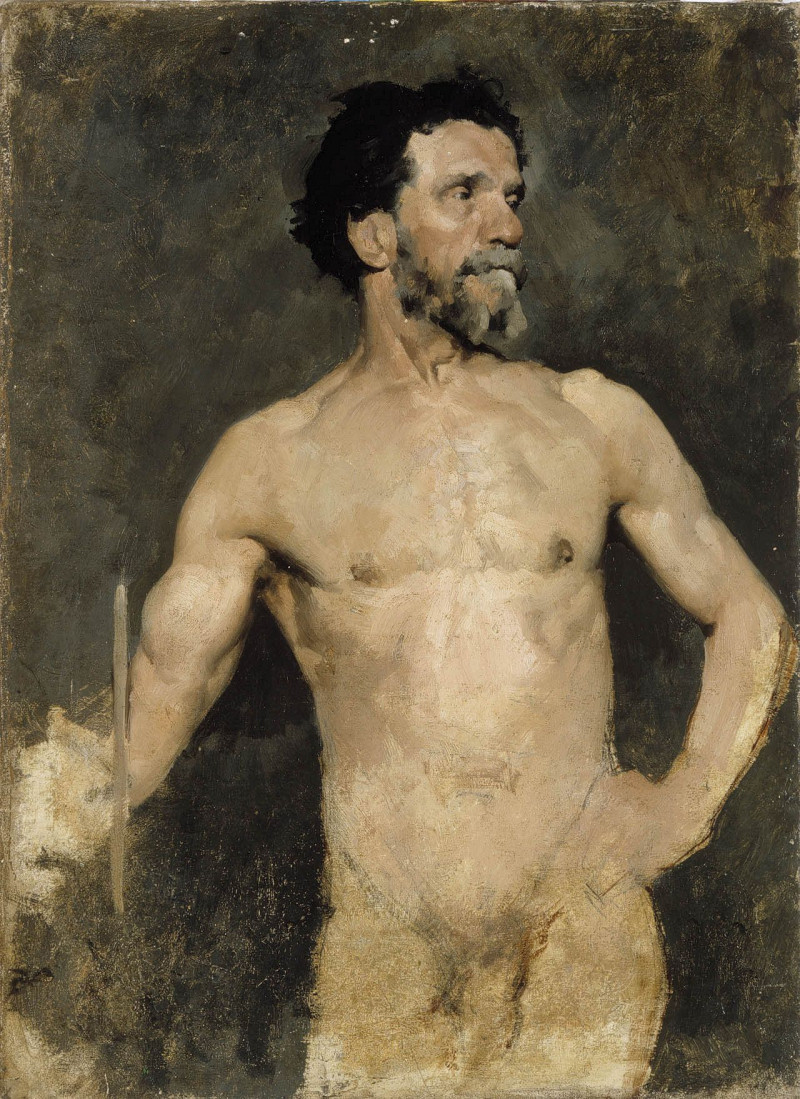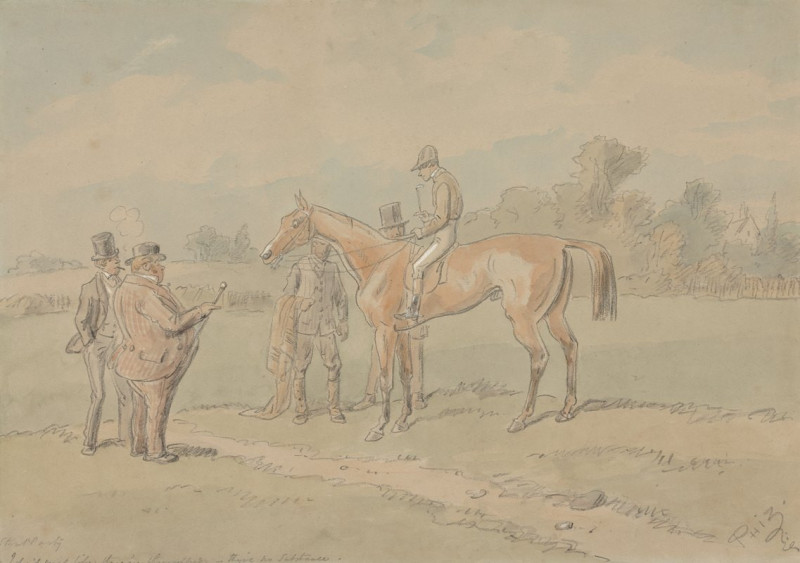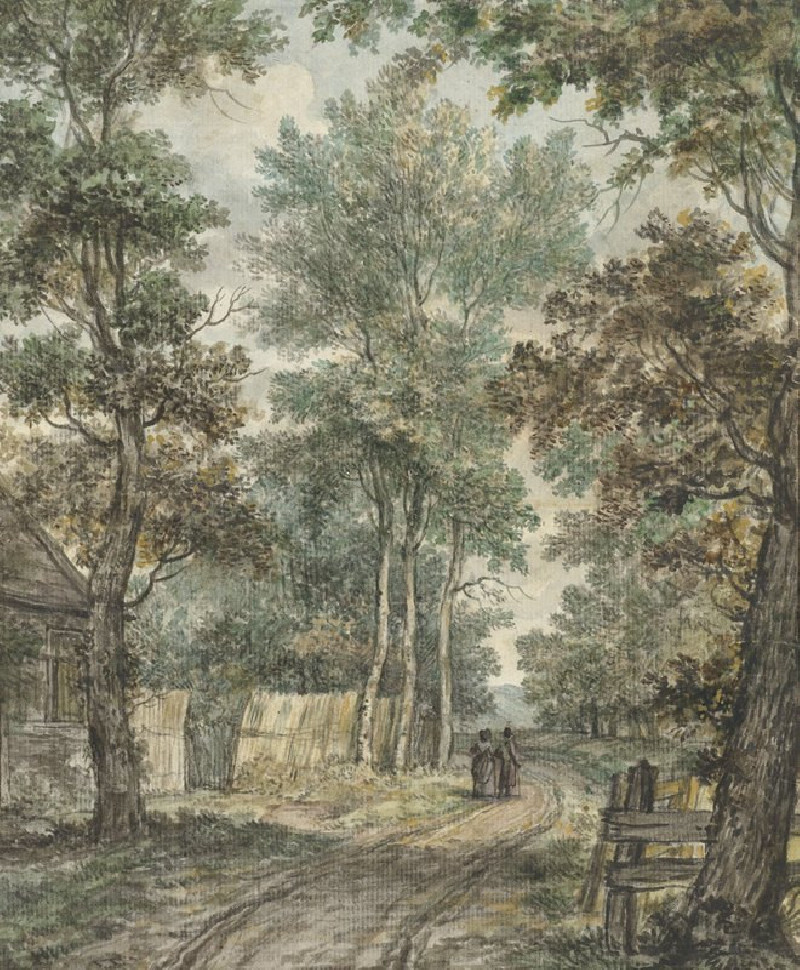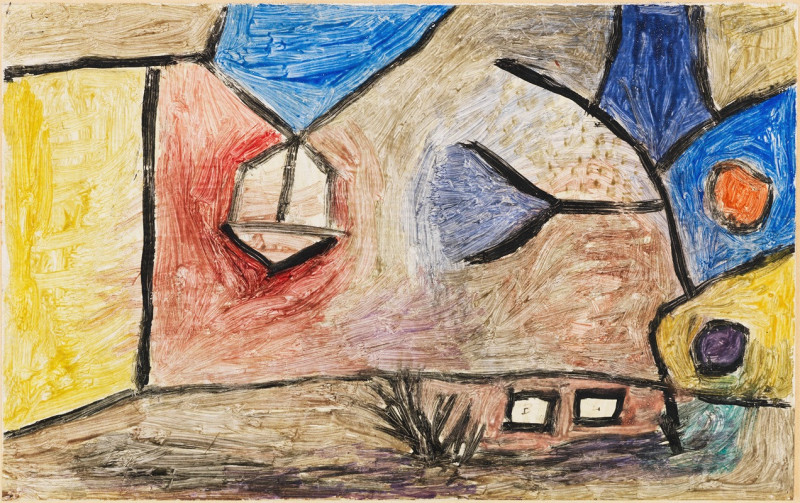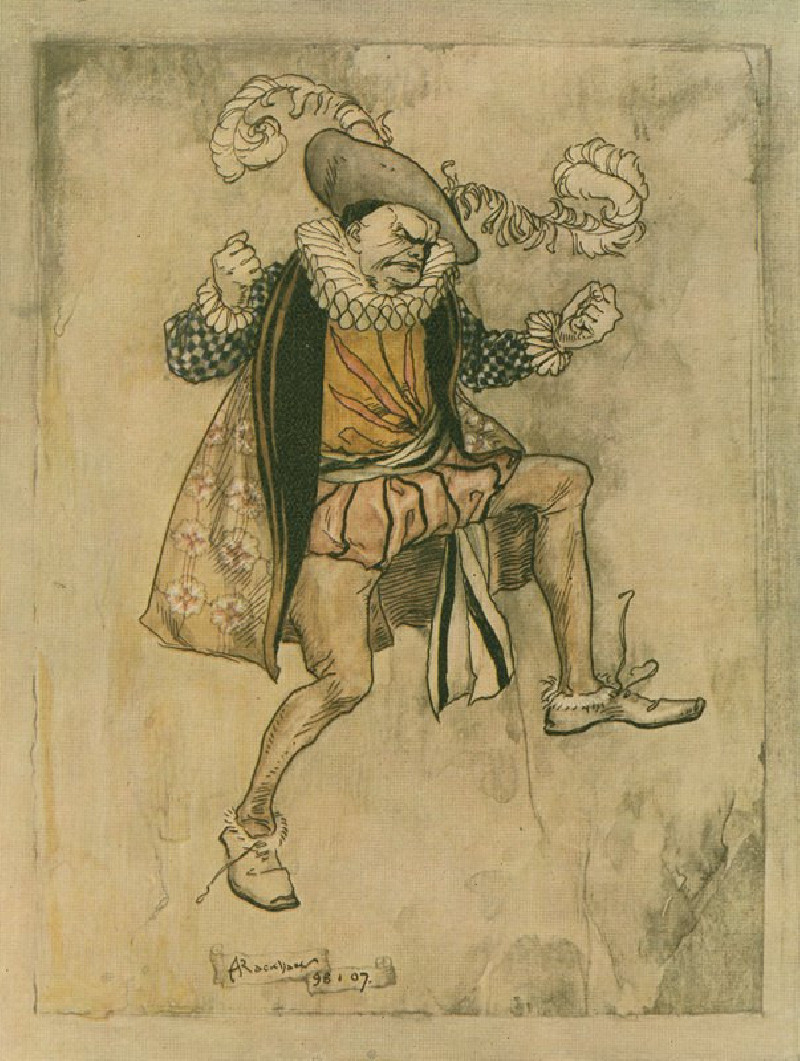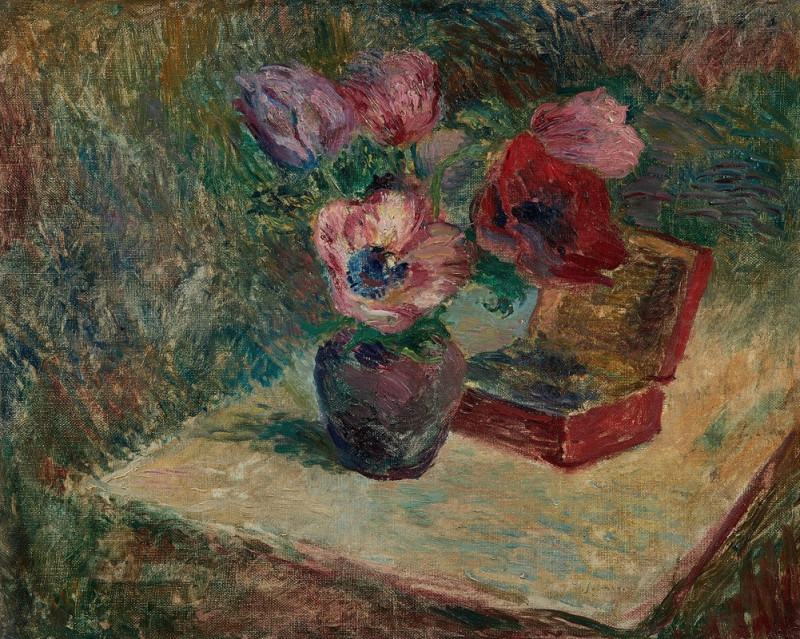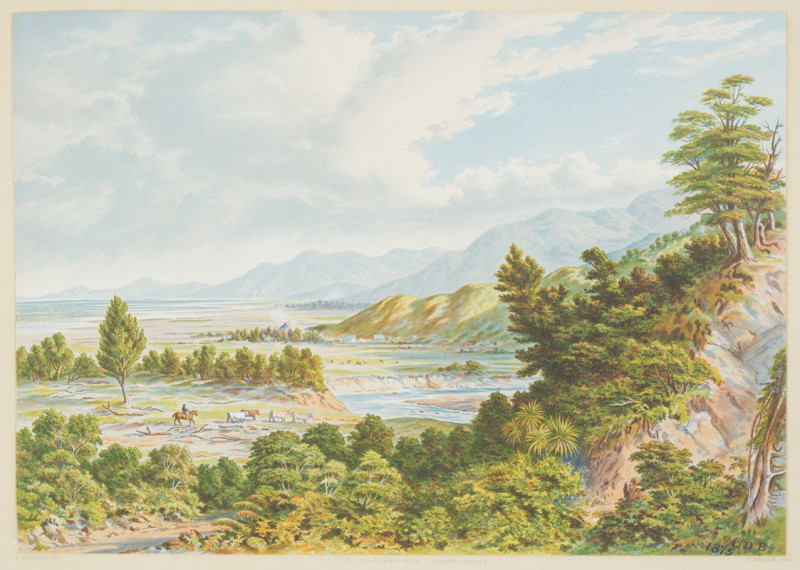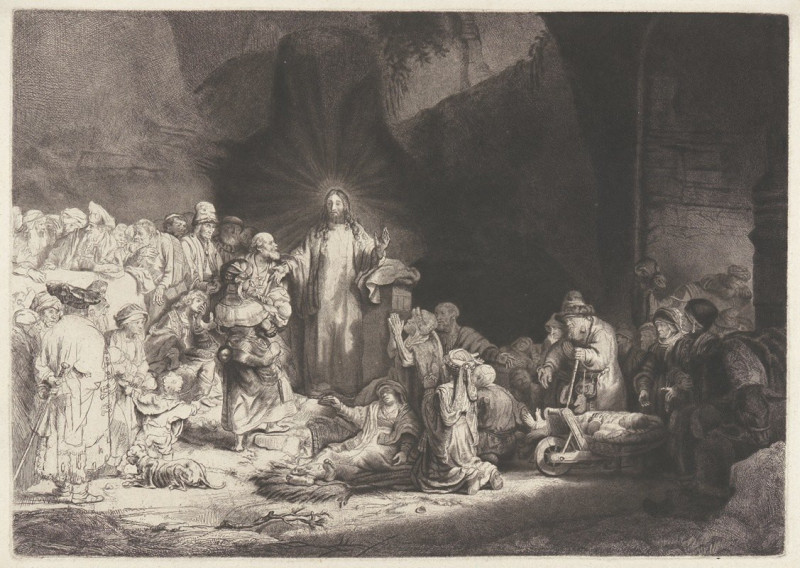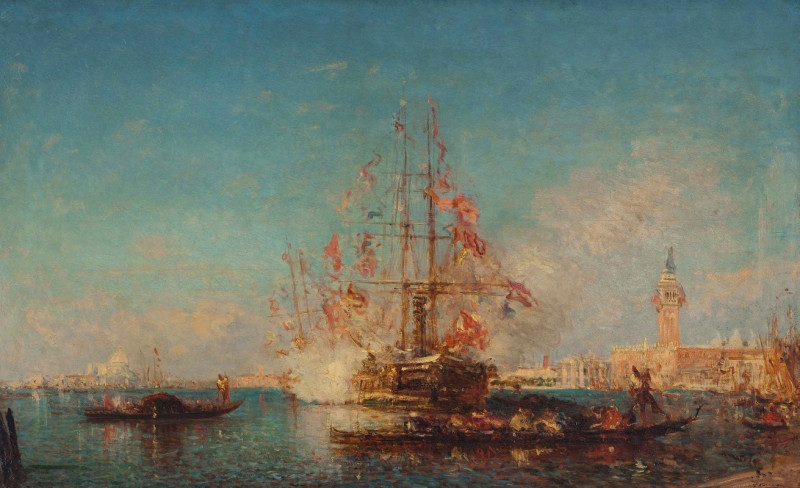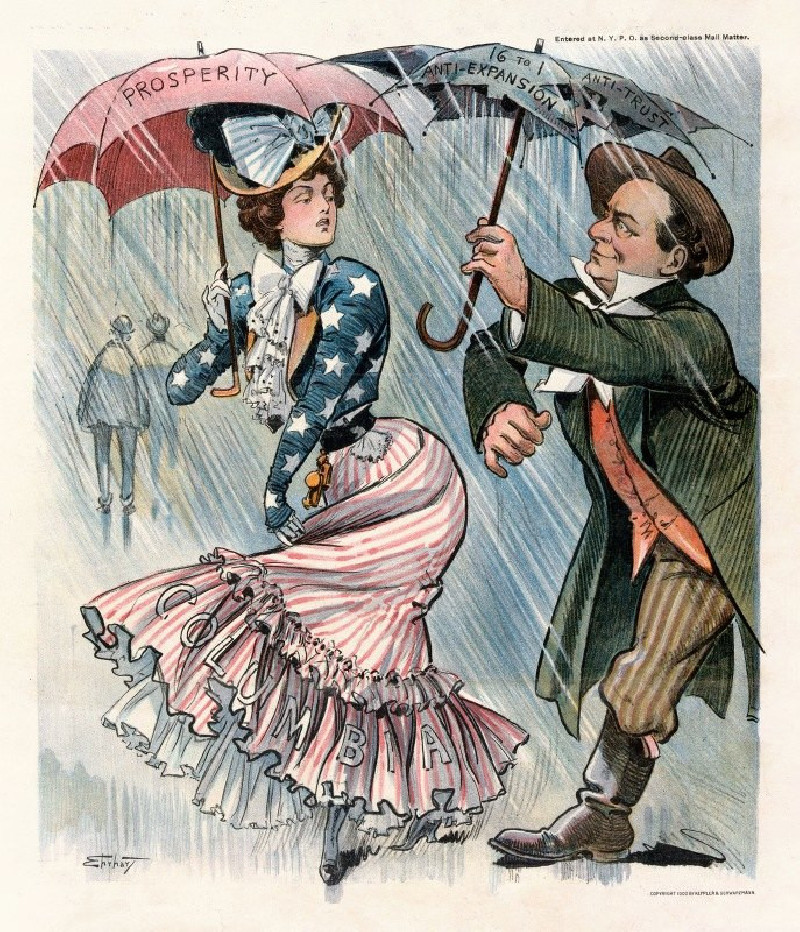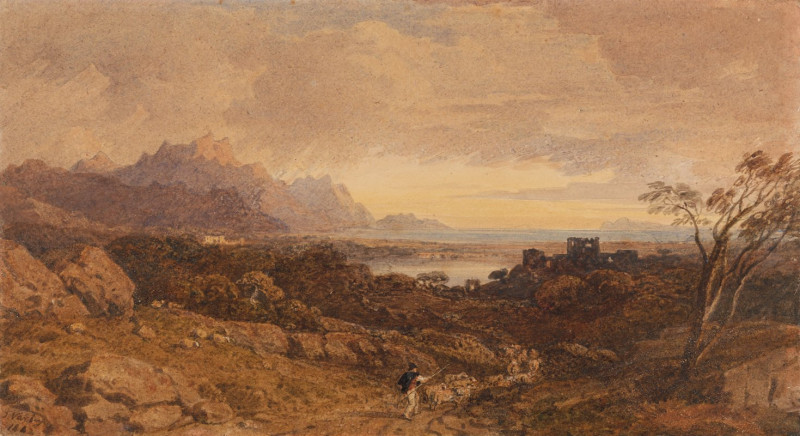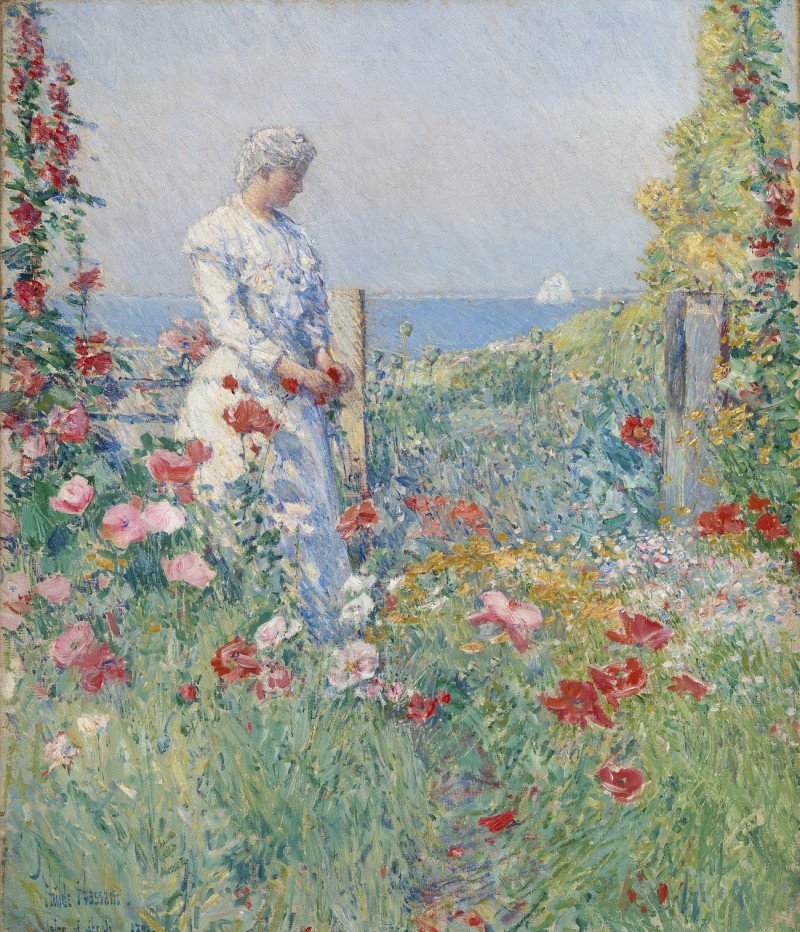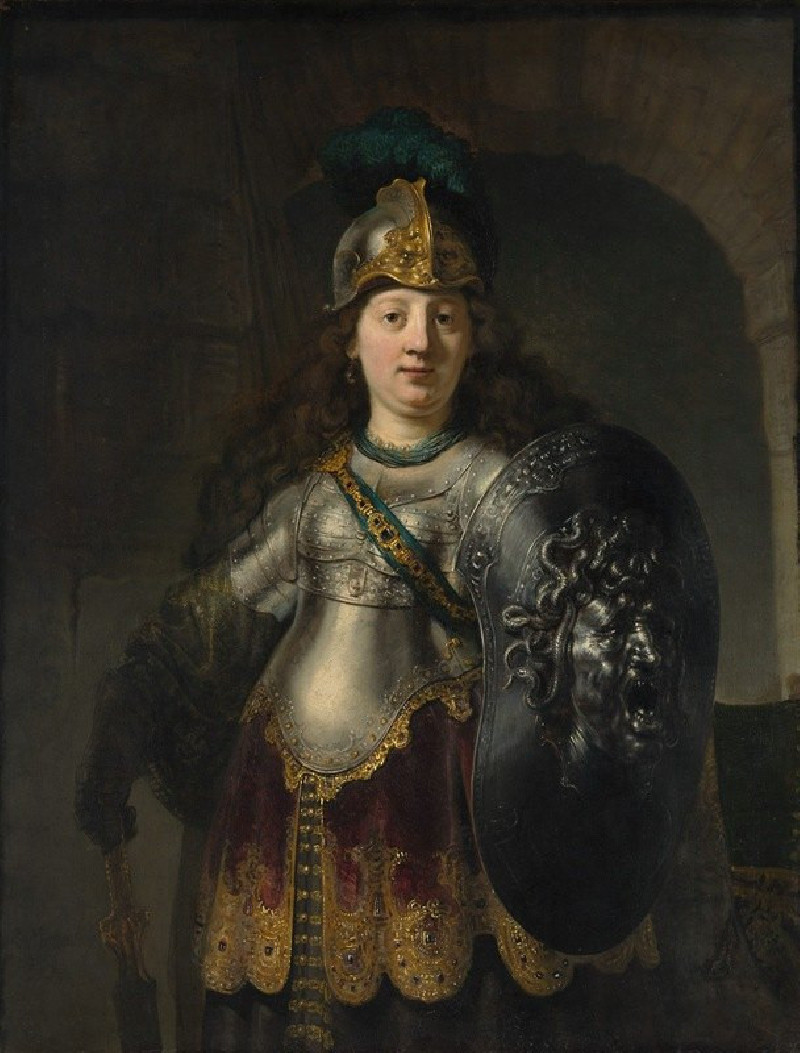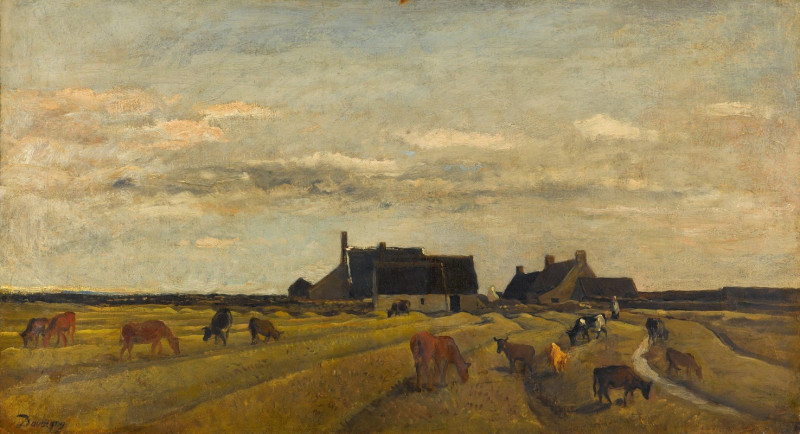Potato Harvest (1875)
Technique: Giclée quality print
Recommended by our customers
More about this artwork
Dive into the pastoral serenity of the 1875 masterpiece, "Potato Harvest," created by the esteemed German artist Max Liebermann. This remarkable painting portrays the humble yet essential activity of potato harvesting, a scene rich with tranquility and the harmonious connection between humans and nature.In this evocative work, Liebermann captures a group of peasants engrossed in the labor-intensive task of gathering potatoes from the fertile earth. The composition focuses on several figures - men, women, and children - each bent over or kneeling, diligently picking and collecting the earthy tubers into baskets. With nuanced brushwork, Liebermann details the rustic attire of the workers, their concentrated expressions, and their physical engagement in their work, imbuing the scene with a strong sense of realism and empathy.The background features a vast and subtly rendered landscape under a broad, cloudy sky, emphasizing the vastness of the fields and the endurance required of the workers. The soft, muted palette of earth tones and the diffuse light of an overcast sky contribute to the painting's overall mood of quiet perseverance and the weight of the agrarian lifestyle."Potato Harvest" is not just a depiction of agricultural labor; it is a tribute to the timeless spirit of rural life and the unspoken narratives of those who toil the land. This painting invites viewers to reflect on the simplicity and complexity of rural life, encapsulated in the everyday yet crucial task of harvesting food.
Delivery
Returns
Max Liebermann was a German painter and printmaker of Ashkenazi Jewish ancestry, and one of the leading proponents of Impressionism in Germany.
The son of a Jewish fabric manufacturer turned banker from Berlin, Liebermann grew up in an imposing town house alongside the Brandenburg Gate.
He first studied law and philosophy at the University of Berlin, but later studied painting and drawing in Weimar in 1869, in Paris in 1872, and in the Netherlands in 1876–77.



